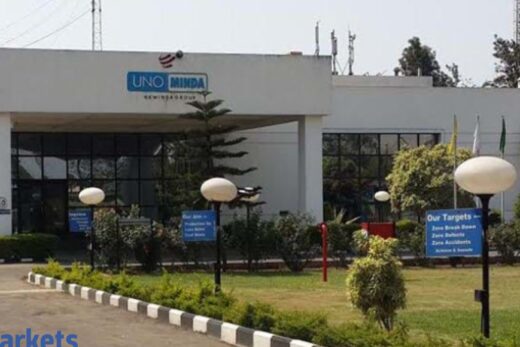The stock fell 4.4 per cent to hit a low of Rs 977.20 on BSE.
With a return of nearly 970 per cent in four years, SBI Card investment would be the best exit by a PE fund on an Indian investment.
The Washington-headquartered buyout group had acquired a 26 per cent stake in SBI Cards from the GE group for Rs 2,000 crore in 2017, valuing the company at Rs 7,200 crore. Three years later, in March 2020, India’s second largest credit card firm launched its maiden initial public offer (IPO), in which Carlyle sold 10 per cent for Rs 7,000 crore, and made a gain of 8.5 times in three years.
Shares of SBI Cards have rallied 35 per cent so far from its IPO price of Rs 755.
SBI Cards, one of the most profitable companies in the country’s credit card business, has been gaining market share in terms of both the number of cards and spends. According to Morgan Stanley, the company has been expanding markets via a focus on the underserved self-employed segment, with the share of new-to-credit segments increasing in incremental sourcing primarily from SBI’s customer base, and with its share of smaller cities increasing in incremental sourcing.



